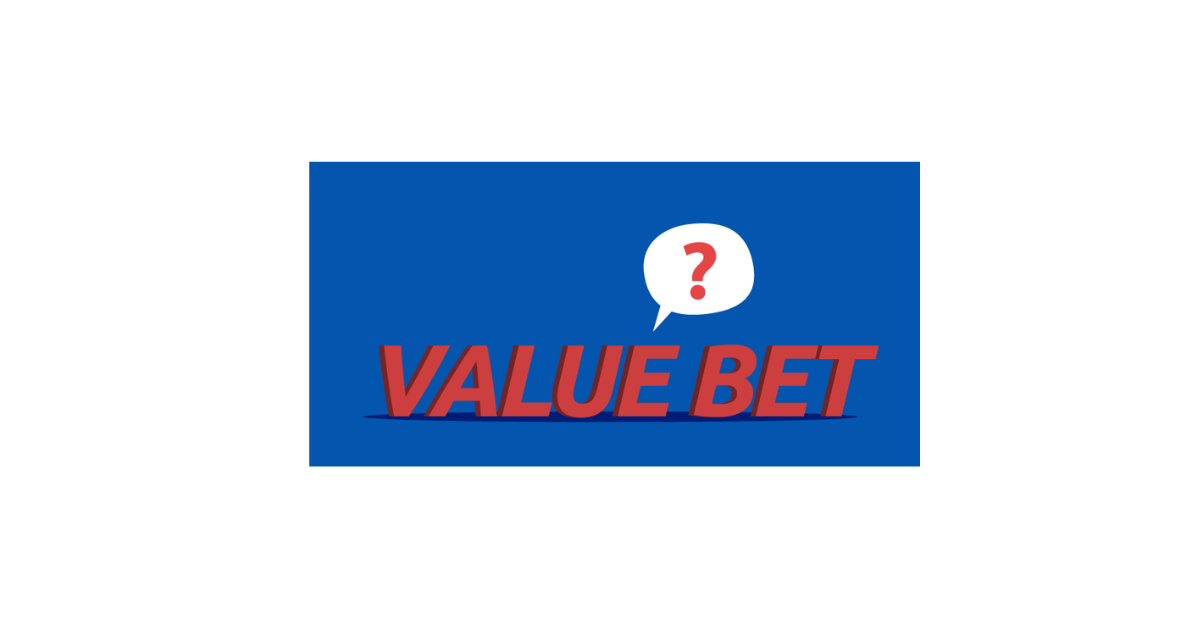Value Bets Explained
Value bets are a key concept in the world of sports betting. Essentially, a value bet is a wager where the probability of a selected outcome is higher than the implied probability reflected in the odds provided by the bookmaker. In simple terms, value betting involves identifying situations where the odds offered by the bookmaker are in your favor, providing an opportunity for potential profit.
When placing value bets, it’s important to conduct thorough research and analysis to assess the true probabilities of an outcome. This involves considering various factors such as team form, injuries, weather conditions, and any other relevant information that could impact the result of the event. By carefully evaluating these factors and comparing them to the odds offered by the bookmaker, bettors can pinpoint opportunities where the odds are mispriced, thus presenting value betting opportunities.
Identifying Value in Betting
Identifying value in betting is essential for maximizing your chances of success in the long run. One key aspect to consider is the odds offered by the bookmaker compared to your own calculated probability of an event occurring. If the odds are higher than what you believe to be the true probability, then there may be value in that wager.
Another factor to look at is the public perception of a particular team or player. Popular teams or individuals often have odds that are skewed due to the high volume of bets being placed on them, potentially creating value on the opposing side. By analyzing all available information and assessing the true probabilities of outcomes, you can increase your chances of finding value bets and improving your overall profitability in the world of sports betting.
Factors to Consider in Value Betting
When considering value in betting, it is crucial to evaluate the odds offered by bookmakers in comparison to your own assessed probability of an outcome occurring. This requires a deep understanding of the sport or event you are betting on, as well as the ability to accurately predict the likelihood of different outcomes. By comparing your own calculated odds with those offered by bookmakers, you can identify instances where the potential payout outweighs the perceived risk.
In addition to odds comparison, another important factor to consider in value betting is the concept of implied probability. Bookmakers’ odds are a reflection of the probabilities they have assigned to different outcomes, and it is essential to assess whether these probabilities align with your own predictions. By calculating the implied probability from the odds offered, you can determine if there is a discrepancy that presents a valuable betting opportunity.
How to Calculate Value in Bets
When it comes to calculating value in bets, the primary formula to utilize is Value = (Decimal Odds * Probability) – 1. Decimal odds can be converted from fractional odds by the formula Decimal Odds = (Denominator/ Numerator) + 1. Probability, on the other hand, can be determined by dividing 1 by the decimal odds. Once you have these values, simply input them into the initial formula to determine the value of a particular bet.
Another important aspect to consider when calculating value in bets is the expected value. This is essentially the amount one can expect to win or lose on average with each bet placed. To calculate the expected value, simply multiply the value of the bet by the probability of winning and subtract the probability of losing. This will give you a clearer picture of the potential gains or losses associated with a particular wager.
Common Misconceptions about Value Betting
One common misconception about value betting is that it guarantees a win every time. It’s important to understand that value betting is about identifying favorable odds over the long term, not winning every single bet. Even value bets can lose, but the key is that over time, if consistently placing value bets, they should result in a profit.
Another misconception is that value betting requires a large bankroll to be successful. While having a sufficient bankroll is important for managing risks, the size of the bankroll does not determine the success of value betting. What matters most is the ability to identify value in bets and have the discipline to place them consistently based on a sound strategy.















